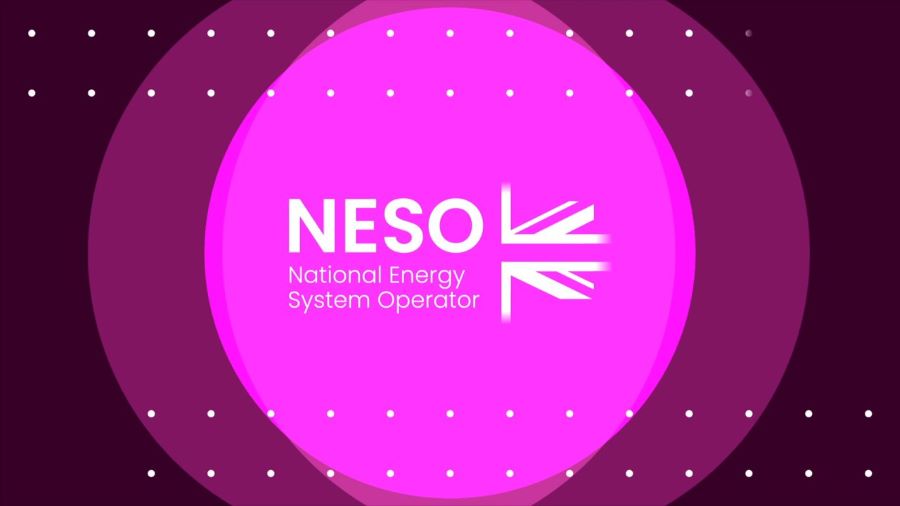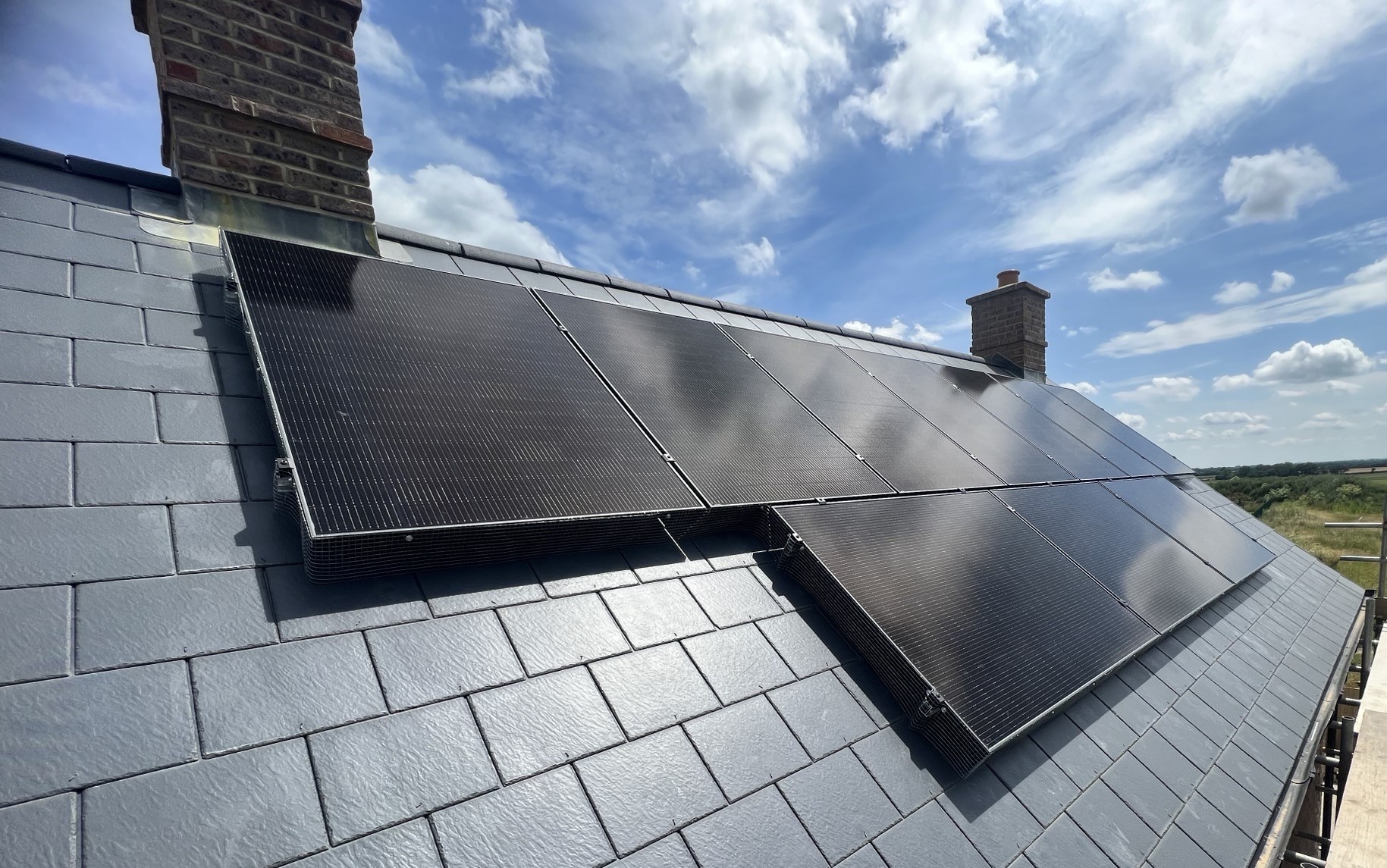The National Energy System Operator has recently been established and has hit the ground running as it starts to aid the country in its ambition for a cleaner energy system. The challenge of reaching clean power by 2030 is huge and this new body will be pivotal in guiding the government.
Who is NESO?
NESO or the National Energy System Operator is an independent, public corporation that has the responsibility of planning and operating the whole of Great Britain’s energy system. It was created as a result of the UK’s 2023 Energy Act which set in legislation the requirement for an independent planner and operator to aid the energy transition.
They take a whole system approach by looking at all forms of energy as opposed to the previous Electricity System Operator (ESO) who focused solely on electricity. They will engage the full market and operators including industry, consumers, communities and stakeholder groups.
NESO aims to be an impartial and whole system body that can make recommendations that reflect the country’s needs and ensure that everyone benefits from a cleaner, more secure and cheaper energy.
What is NESO’s Clean Power 2030 report?
NESO was commissioned by the government to independently advise on the pathway for Great Britain to be supplied with clean power by 2030. They have produced a report on this examining a range of pathways supported by expert analysis on the type of investment and infrastructure required to deliver the ambition.
The report recognises the huge challenge of delivering clean power by 2030 but also sees the benefits of doing this for the country, including the energy security provided by homegrown resources to generate electricity, and the drive it will have for compelling consumers to go green with electric vehicles, heat pumps, hydrogen production and electrification of industry. They also acknowledge the grid needs to be flexible as does the supply and demand from consumers to manage supply effectively.
What are seen as Great Britain’s priorities in creating clean power?
NESO outlines the following as priorities in delivering a successful pathway to clean power:
- Increasing the flexibility of demand and supply for energy which will require markets and processes to be redesigned, enabling infrastructure to be delivered without barriers and embracing digital approaches.
- Mass deployment of renewable energy, in particular, offshore wind but combined with onshore wind and solar with sustained rollout at least double the highest rate currently achieved.
- Development of low-carbon plants which includes carbon capture and storage and hydrogen that requires investment to develop these technologies. Biomass also fits into this category.
- Delivering network expansion which will need to be completed at double the rate in the next five years compared to the last 10. This area needs support in removing barriers to aid faster delivery.
- Keeping options open to balance the risks and address uncertainties therefore a multi-option approach is advised to lower risk and encourage competition between technologies.
This report has been widely read in the industry and largely welcomed but many have called for the government to act now, as there is an urgency in addressing these recommendations. Many have highlighted that policy support is needed as well as an effective industrial strategy to deliver it. Others have said that the government needs to work more closely with the sector to deliver this challenging plan but that it is feasible.





